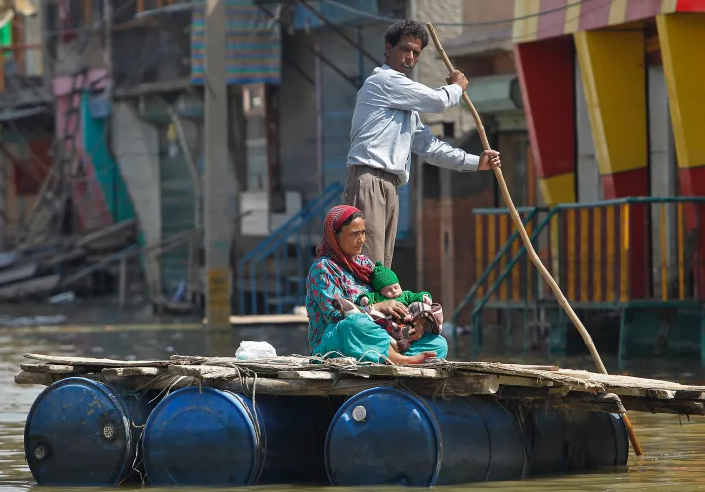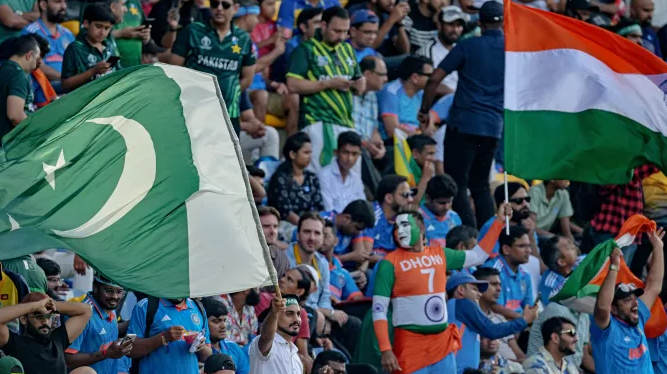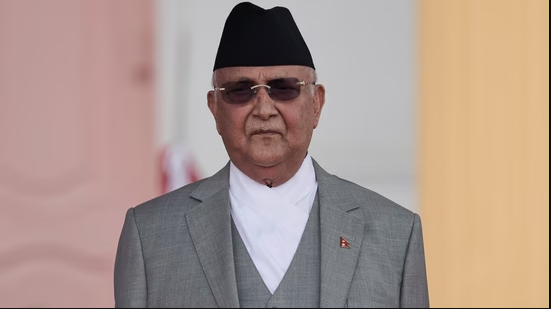A fresh diplomatic row has erupted between India and Pakistan after Islamabad accused New Delhi of releasing excess water into downstream rivers, worsening seasonal flooding in parts of Punjab and Sindh. The allegation has reignited debate over whether water is being used as a tool of political pressure between the two nuclear-armed neighbors.
Pakistani officials claim that sudden discharges from India’s dams on the Ravi and Sutlej rivers have caused surging water levels, inundating villages and displacing thousands. “These releases were made without adequate warning, putting lives and livelihoods at risk,” Pakistan’s Ministry of Water Resources said in a statement.
The charges have fueled speculation in local media that India may be “weaponising water” under the long-standing Indus Waters Treaty, which governs the sharing of six major rivers between the two countries.
New Delhi, however, has firmly rejected the claims, insisting that water releases are routine flood-management measures necessitated by heavy monsoon rains. “India remains fully compliant with the Indus Waters Treaty. Releases are carried out according to protocol and hydrological needs,” an Indian government spokesperson said.
Experts caution against framing the issue as deliberate aggression. Hydrologist Dr. Saira Khokhar notes that climate change has intensified monsoon variability, leaving dam operators with little choice but to release water during peak inflows. “The floods are real, but attributing intent is difficult without hard evidence,” she explained.
The controversy comes as both countries grapple with worsening climate-related disasters. Pakistan, in particular, is still recovering from the catastrophic floods of 2022, which submerged a third of the country and displaced millions.
Diplomatic observers warn that water disputes could further strain already fragile India-Pakistan relations, particularly at a time of heightened border tensions. “Water security is becoming as politically charged as military security. Without transparent coordination, mistrust will only deepen,” said Michael Kugelman of the Wilson Center.
The Indus Waters Treaty, brokered by the World Bank in 1960, has long been hailed as a rare example of cooperation between the two rivals. But with growing populations, expanding irrigation demands, and climate pressures, its future effectiveness is increasingly questioned.
For now, Pakistan is calling for urgent consultations under the treaty’s mechanisms, while India maintains it has acted within its rights. As floodwaters continue to rise, the humanitarian toll risks being overshadowed by geopolitical blame games.



